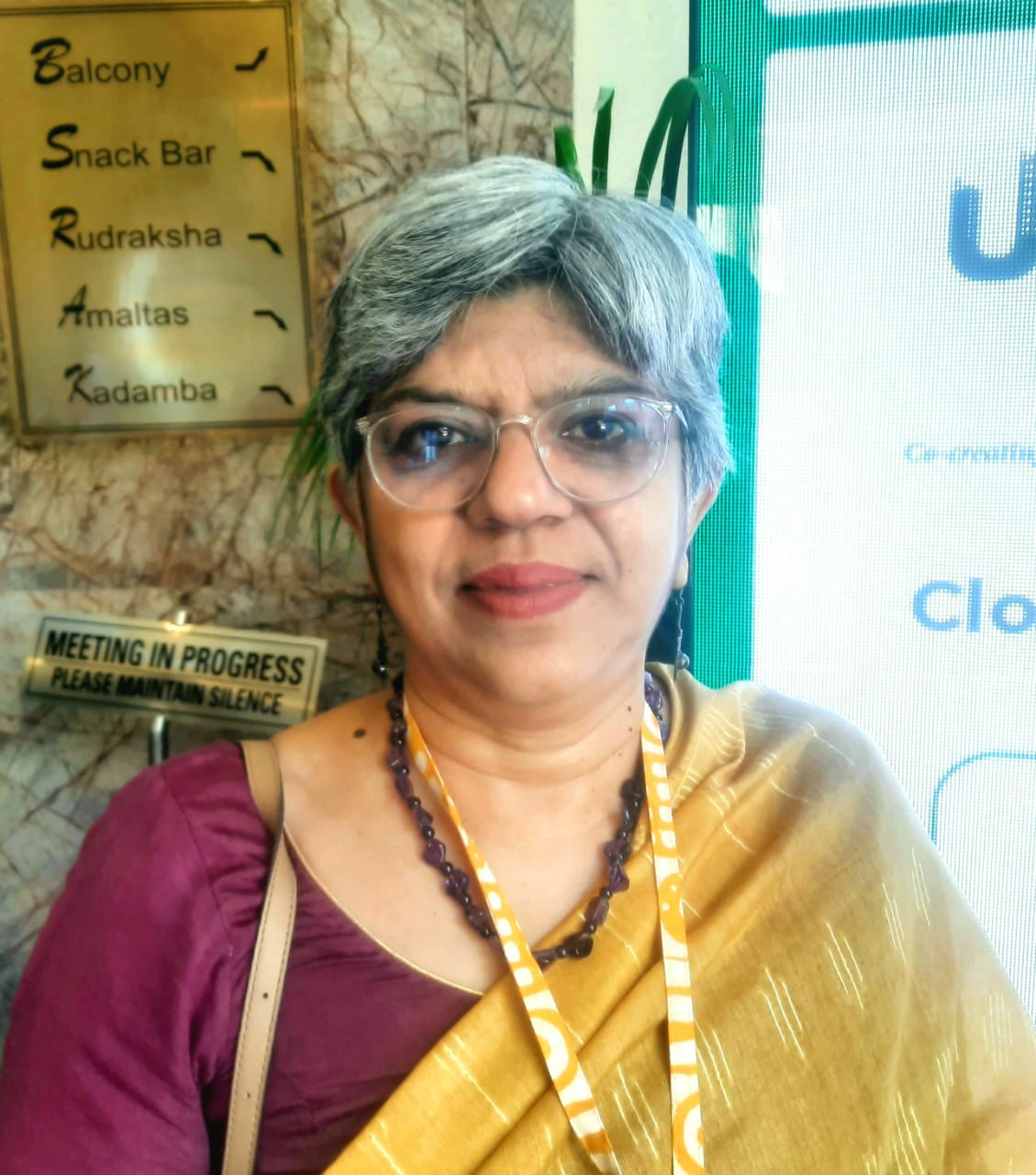To elevate the Indian tourism sector, a comprehensive strategy is essential. Leading this effort must be responsible tourism, which emphasizes sustainable practices to safeguard cultural heritage and the environment. This strategy includes actively involving local communities, ensuring equitable distribution of economic benefits, and nurturing respect for India’s diverse ecosystems.
Capacity building plays a pivotal role in this process. It is crucial to equip local stakeholders with the skills and knowledge required for sustainable tourism management. Achieving this involves targeted training programs, collaborations with international experts, and fostering a culture of continuous learning within the industry.
Additionally, enhancing aviation sector facilities is vital. Upgrading airports, streamlining visa procedures, and improving connectivity to lesser-known destinations will make India more accessible and appealing to international tourists. Prioritizing customer service and leveraging technology to streamline travel logistics can greatly enhance the visitor experience.
Furthermore, establishing a model code of conduct for tourism stakeholders is crucial. This code should define ethical guidelines, ensuring that all tourism activities respect cultural norms, protect the environment, and bolster India’s reputation as a responsible and welcoming destination. Together, these measures have the potential to transform India’s tourism sector into a global leader in sustainable tourism.
In an exclusive interview with The Interview World at the 1st Indo-US Tourism & Hospitality Summit, hosted by the Indo-American Chamber of Commerce (IACC), Mugdha Sinha, Director General of the Ministry of Tourism, Government of India, emphasizes the critical importance of responsible tourism. She elaborates on the necessity of capacity building, provides insights into improving facilities for international tourists, and stresses the need for a model code of conduct. Here are the key takeaways from her insightful discussion.
Q: What key measures should be implemented to promote responsible tourism, ensuring sustainability and minimizing the impact on local communities and environments?
A: Responsible tourism begins with the civic sense. It defines how we interact with others, extending beyond just tourists. We must foster this behavioral change not solely for tourists but for the country as a whole.
Consider simple actions: standing on the correct side of an escalator, giving way to others, handling transactions with care, maintaining clean restrooms, and providing adequate facilities such as crèches. These practices, along with safety and security measures and effective after-sales service, are essential.
Today, we are discussing the importance of addressing these issues sector-wise and integrating them into school curricula. Promoting civic sense from an early age will enhance our reputation, both domestically and internationally. By embedding these values into our education system and encouraging widespread discussion, we can significantly improve the country’s image as a welcoming destination for everyone, including tourists.
Q: Could you share your perspective on the current strategies and initiatives for capacity building in the tourism sector?
A: Capacity building is an ongoing process that demands continuous effort. It involves initial orientation, mid-level updates, and regular refreshers. This repeated engagement is essential because participants need ongoing reminders and encouragement.
To enhance this, we can implement various strategies. For example, creating incentives and installing signage can effectively serve as nudges. These methods, along with the other strategies we discussed today, will help guide individuals toward desired behaviors and adherence to protocols.
Training can foster appropriate behavior, but ensuring that these practices become institutionalized and standardized is equally crucial. Establishing and maintaining protocols is essential for sustaining long-term effectiveness and compliance.
Q: What key facilities and services should the aviation sector offer to enhance the experience of international tourists and boost tourism?
A: In civil aviation, the issue of baggage for inbound tourists remains unaddressed. When traveling from America to India on airlines such as American Airlines, Air India, Vistara, or Indigo, passengers are permitted a specific baggage allowance. However, if a traveler wishes to explore multiple destinations within India and depart from a different location than their arrival city, the challenge arises. Travelers, who arrive with baggage allowances ranging from 23kg to 46kg, must then conform to a restrictive 15kg limit on domestic flights. This baggage constraint significantly hampers their ability to travel freely. The lack of discussion on this matter highlights a substantial gap. There is ample opportunity for collaboration and practical policy interventions to address these issues.
Q: How crucial is the model code of conduct for ensuring ethical practices and promoting sustainable growth in the Indian tourism sector?
A: For me, the Model Code of Conduct (MCC) represents a unified vision. My approach is not focused on drafting extensive mission statements or vision documents. Instead, I am more concerned with actionable strategies. Our discussions must address responsible and sustainable tourism, considering the context of our era.
We live in an era characterized by two significant factors. First, we are amidst an “infocalypse”—an overwhelming flood of information where clarity remains elusive. Second, our age is marked by vanity, influenced by the dynamics of Fear of Missing Out (FOMO) and Joy of Missing Out (JOMO). Vanity tourists are driven by FOMO, seeking to capture every experience, while JOMO tourists prefer quiet, eco-conscious travel.
Understanding the role of the Archaeological Survey of India (ASI) in promoting monument tourism, which is on the decline, is crucial. This is comparable to how America leverages its nature parks to boost eco-tourism.
We must consider what kind of international audience we want to attract and how they engage with information. Criticisms about India’s marketing efforts and government actions are prevalent. However, there is a need for a paradigm shift in our approach. The government is aware that we are transitioning from a post-liberalization era into one dominated by digital advancements and artificial intelligence. The future will be defined by a shift from an attention-based economy to one driven by imagination and leisure.
I support the development of the MCC. While the creation of the MCC is essential, I am particularly interested in how it addresses the sector and engages service providers across government, non-governmental, and private sectors. Private collaborations are vital, as tourism is intertwined with the creative economy. Building the MCC is a collective responsibility that involves all stakeholders.









